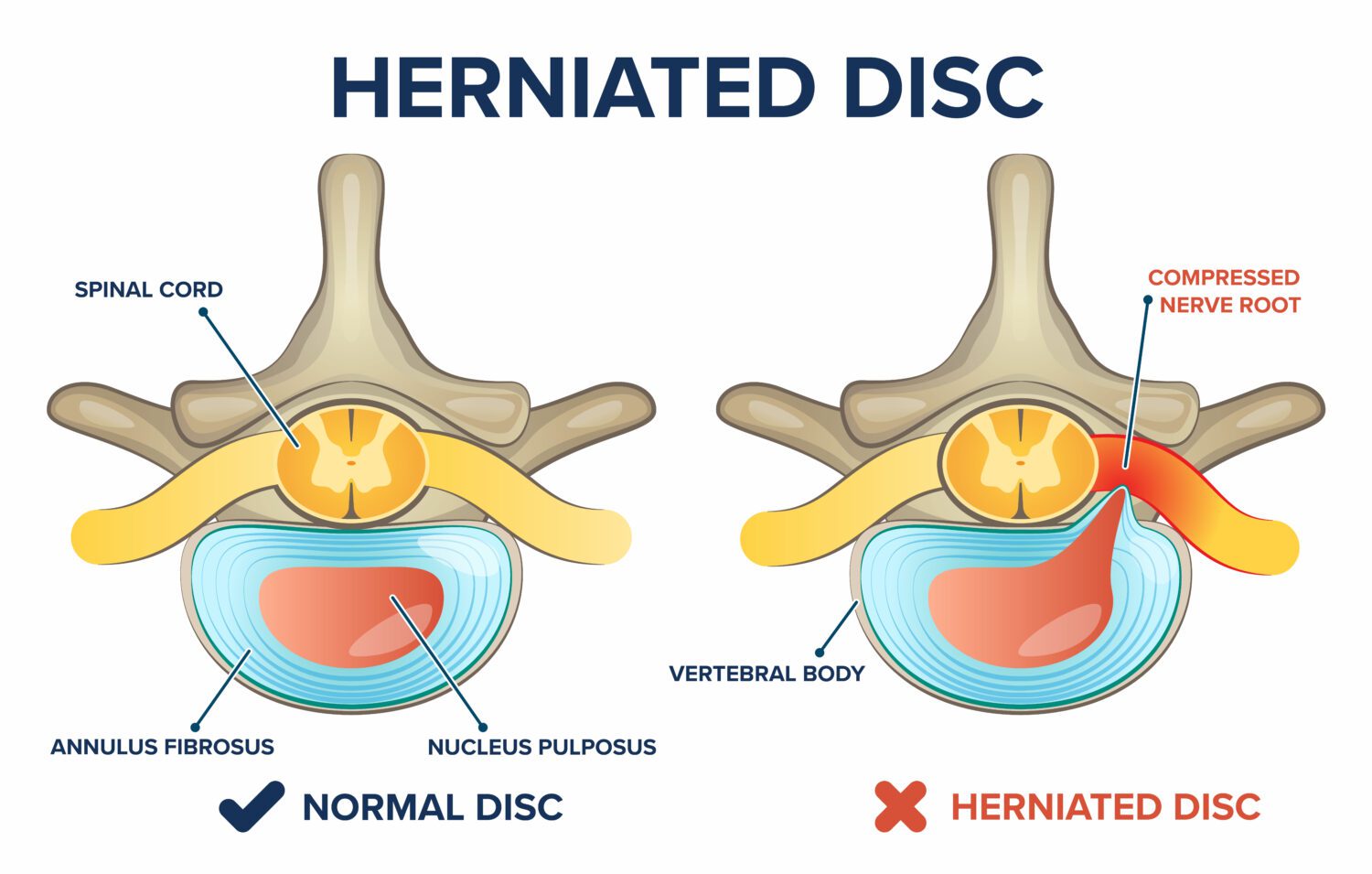Nerve pain, also known as neuropathic pain, is characterized by sharp, shooting or burning sensations that can be debilitating and extremely uncomfortable. Finding relief for this type of pain can be challenging as traditional pain medications, such as opioids and nonsteroidal anti-inflammatory drugs (NSAIDs), often prove to be ineffective. However, there are alternative methods available that can help calm down nerve pain.
One approach to alleviate nerve pain is through the use of topical treatments. These creams or patches contain ingredients such as lidocaine, capsaicin or menthol which work by numbing the affected area and reducing the intensity of the pain. Applying these topicals directly on the skin around the affected nerves can provide temporary relief, making it easier to manage the pain.
Another method to calm down nerve pain is through the use of certain medications that specifically target nerve-related issues. Antidepressants, such as amitriptyline or duloxetine, are commonly prescribed to help manage nerve pain due to their ability to modulate pain signals. Additionally, anticonvulsant medications like gabapentin or pregabalin can also be effective in reducing nerve-related pain as they work to stabilize nerve activity.
Although medication can be helpful, physical therapy and certain exercises can play a vital role in alleviating nerve pain. Gentle stretching and strengthening exercises can help improve overall flexibility and reduce compression on affected nerves. Physical therapists can also employ techniques such as massages or electrical stimulation to provide further pain relief.
In some cases, alternative therapies like acupuncture or chiropractic adjustments have shown promise in reducing nerve pain. Acupuncture, the insertion of thin needles into specific points on the body, is believed to stimulate the release of natural pain-relieving chemicals. Similarly, chiropractic adjustments aim to realign the spine, enhancing nerve function and reducing pain.
Finally, engaging in stress-reducing activities like meditation, yoga or deep-breathing exercises can help calm down nerve pain. Stress has the ability to exacerbate pain, so managing stress levels is crucial in managing and reducing nerve-related discomfort.
Overall, nerve pain can be challenging to treat, but there are various techniques available to provide relief. Finding a combination of methods that work best for each individual is key in managing and calming down nerve pain.
What can you do for severe nerve pain?
Pain relief and other medicines can help, as can non-drug treatments such as exercise, acupuncture and relaxation techniques. Your doctor will also treat or manage any underlying conditions such as diabetes and vitamin B12 deficiency.
How do you calm a nerve flare up?
To help control the aggravation of a flare-up, it is important that you concentrate hard on the pace of your breathing and learn to take a deep breath. This will have a calming effect on the overall health and will help in controlling the flare-up.
What to do when nerve pain flares up?
Pain relief and other medicines can help, as can non-drug treatments such as exercise, acupuncture and relaxation techniques. Your doctor will also treat or manage any underlying conditions such as diabetes and vitamin B12 deficiency.
How long does it take your body to reabsorb a herniated disc?
Depending on the severity of the disc herniation, most heal within two to 12 weeks. Once you’ve healed, there is a 20% to 25% chance the disc will herniate again in the future.
Does a herniated disc fully heal?
Unfortunately, there is no clear-cut answer as to whether your disc herniation will fully heal. With treatment, a disc herniation can dry up, shrink or go away. Your body may have an autoimmune response and aid in healing the herniation.Oct 6, 2022
When does a herniated disc feel better?
Most people with a herniated disc are better in about four weeks. Sometimes it takes longer. If you still have pain or numbness after four to six weeks, or if your problem gets worse, talk with your doctor. Sometimes it takes surgery to relieve pain.
How long does it take for a herniated disc to dissolve?
Over time, the herniation tends to shrink and you may experience partial or complete pain relief. In most cases, if low back and/or leg pain is going to resolve it will do so in about 6 weeks. Figure 1.

How do I know if my herniated disc is getting better?
One of the initial signs that your herniated disc is healing is a noticeable reduction in pain and discomfort around the affected area. As inflammation subsides and pressure on nerves decreases, muscle spasms also diminish. Individuals with this injury should anticipate a return to normal activities within six weeks.



